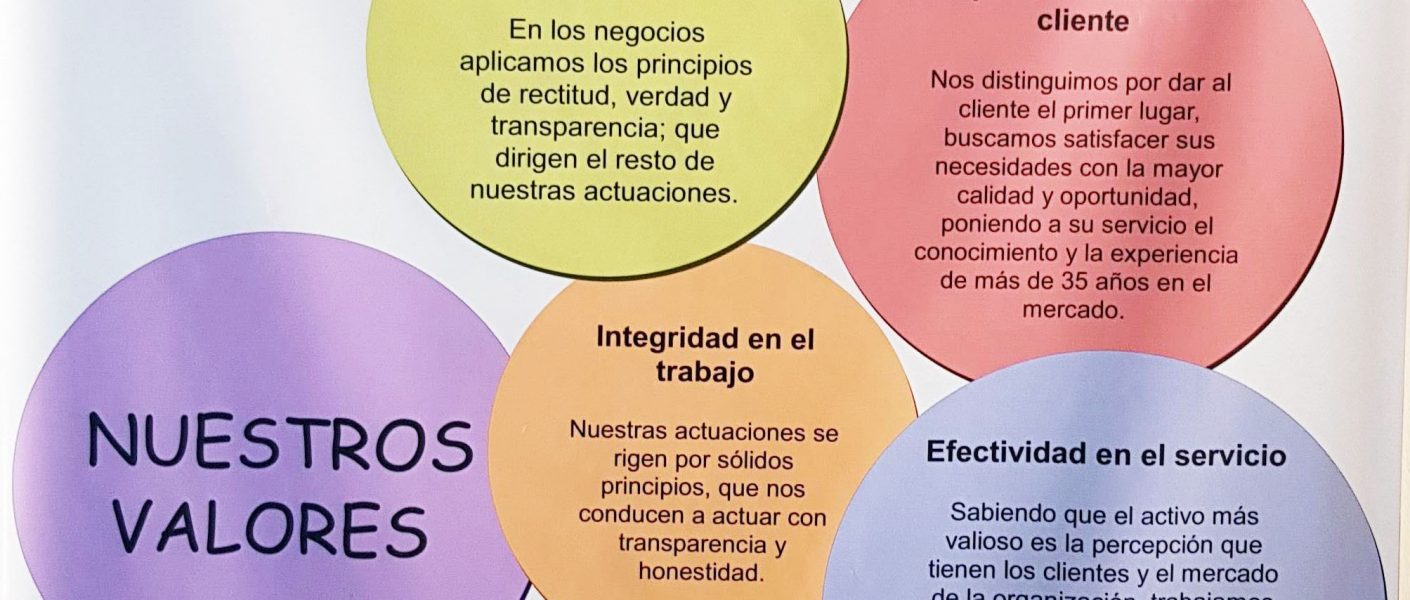After a thrilling taxi ride through the less beautiful and not so safe districts of Bogotá, I stand in front of a university. The lady at the gate calls my contact Sandra and explains to me the way through the schoolyard looking area. Many young people in school uniforms stand around or play football, the atmosphere behind the high walls is lively.
Then I see Sandra, a woman with friendly eyes, she greets me and she takes me into the factory building and I follow her up the stairs. In the conference room she offers me a seat and a cup of coffee – a “tinto”, the black coffee so typical for Colombia, usually brewed a little weaker than in Germany. The cup is smaller, and served with a lot of sugar.
I tell Sandra a little bit about me and the articles I will write for my blog. Olga from “La Cucarracha” (click here for the article) put us in contact. And then Sandra tells me about “Miquelina”, a company that supports women in difficult life situations. Miquelina was founded in 1977 by a nun who took women off the streets and wanted to offer them a perspective beyond prostitution and violence. In poor countries like Colombia, it is women in particular who easily find themselves in dangerous and dependent situations. At Miquelina they can escape these situations, first going through a program to leave their past behind them and finally find work – either in a bakery or at the company itself, in the sewing shop. Currently 170 women are sewing outdoor clothing for the British company „Páramo“[1].

Miquelina is the only Fairtrade certified company I visit on my trip through Colombia this year. How did they do it I wonder? Sandra points to a certificate hanging on the wall and says: “With the help of Caritas, they supported us a lot to get the WFTO seal. It’s really not easy to get this certification. Besides us, there is only one other company in Colombia, called fruandes, that has it [2]“.
Then we visit the factory and I experience the whole manufacturing process of a jacket. It starts up here next to the conference room where the new designs are developed.

Many colourful jackets and sweaters are hanging on racks or lying on tables. After developing the designs and patterns, the next step of the process is the cutting of the material, where the fabrics are cut from large rolls. The main work however, is sewing. The women sit concentrated at long tables and skillfully join the different parts of the jacket together.

“The next step is the most exciting” Sandra says and leads me across the courtyard into a much smaller hall. “Here the jackets become waterproof,” she says, while a staff member sprays water onto an untreated jacket that immediately penetrates the fabric. “You see, the water still gets absorbed by the material, but in the next step“ she says, pointing at huge industrial washing machines, while the employee gets another jacket „the jackets are impregnated and are waterproof afterwards, see?“ The employee sprays water onto a jacket that’s already been treated, and look, the water rolls completely off – impressive!

“We would also like to export to Germany, but with your country, the limit values for certain chemicals are stricter than in the UK, and we don’t fully comply with all of them yet for all products, but some products are already available” she says and shows me a tag with German writing and the Caritas logo.] I hadn’t heard of Páramo before, let alone seen any product in a shop, but I promise to keep my eyes open for it in the future. After all, I now know about the production conditions of the employees and am convinced that they are treated better here than at other production sites. I know that the women here are paid more than the minimum wage, that the working conditions are good, and that part of the profit goes to social projects that the surrounding community benefit from. In a neighbourhood in Bogotá where not everyone has the chance for a good life, where prostitution and drug addiction shape the reality of many people’s lives, the production site of Miquelina is almost an oasis, a place of hope for a better life.



